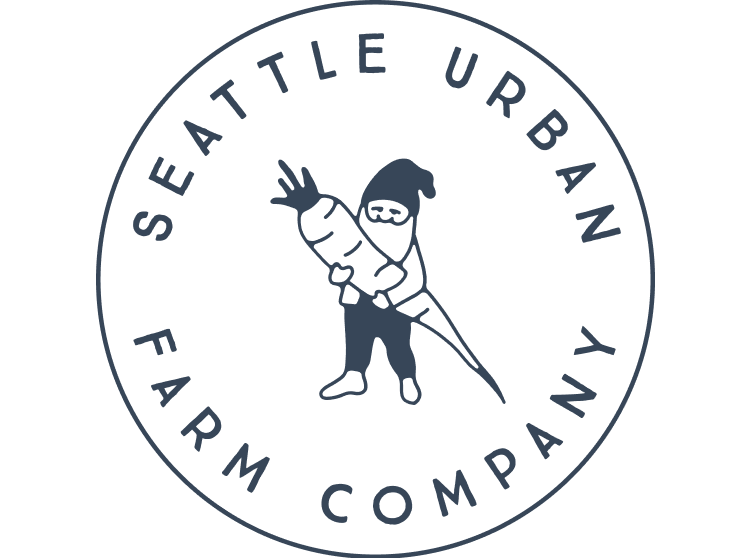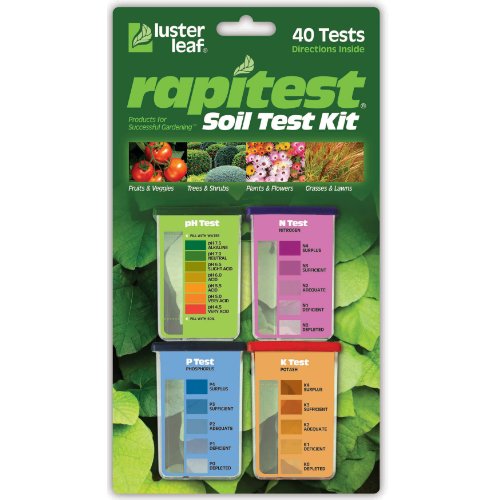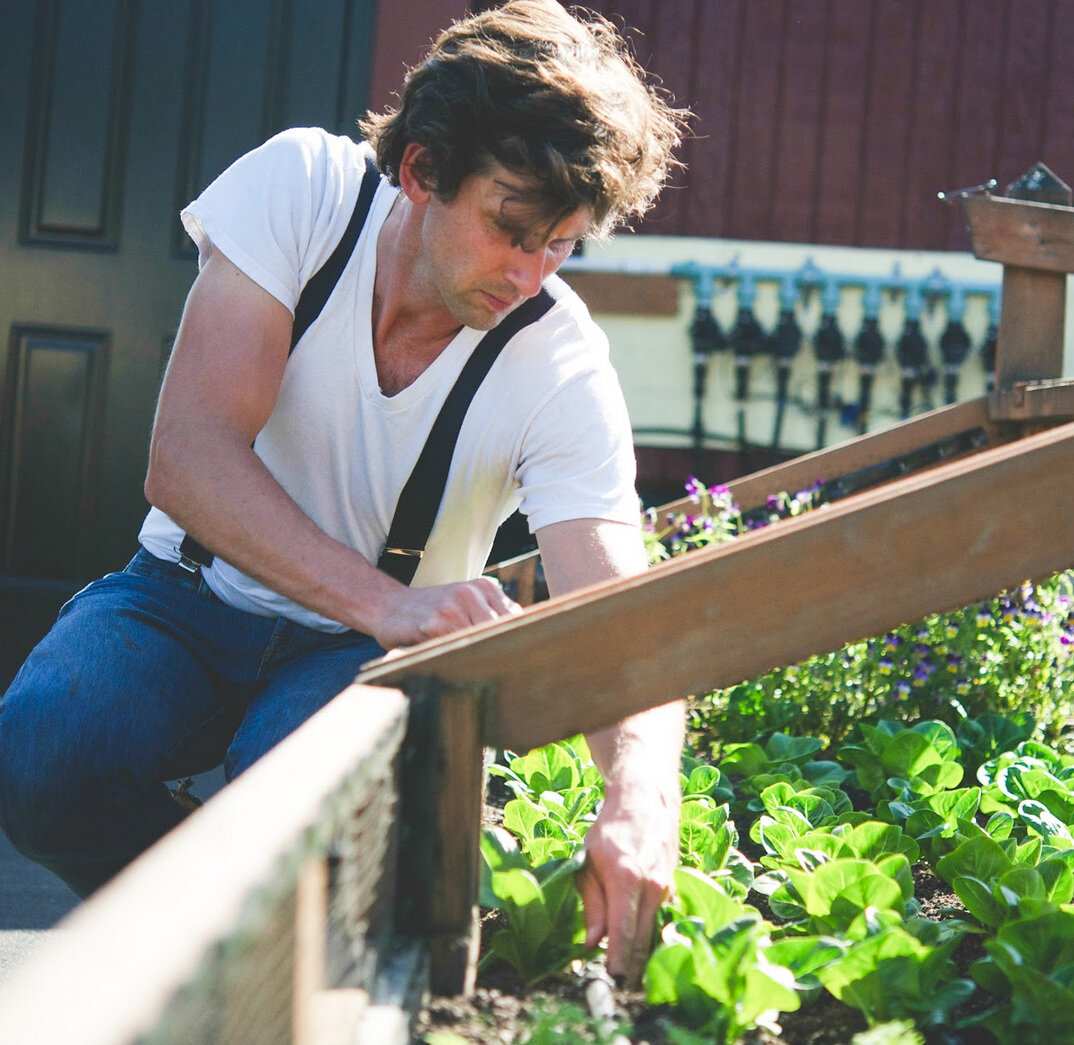Cover cropping is the practice of growing a crop specifically to generate organic matter, protect the soil, and increase soil nutrient levels. On production farms, fields may be planted in cover crop for an entire season to allow the soil to rest and build back up nutrient stores which have been depleted by intensive plantings.
In this episode, we discuss how cover crops work and why they are an incredibly important and effective way to maintain soil health and capture soil on site, but also why the practice of cover cropping can be tricky to employ in a home garden.
HOW TO LISTEN:
Listen right now in your browser by clicking above.
Subscribe in iTunes (or your favorite podcast player) to have our podcasts sent directly to your device.
SHOW NOTES:
In this episode, we discuss:
What cover crops are and how they are used.
How to plant cover crops.
Ways in which cover cropping can backfire in a small garden.
Important Take-aways:
When it comes to protecting your soil over the winter, planting cover crops is one of the best things you can do. As they grow, the cover crops take up excess nutrients left in the soil, which prevents them from leaching away over the winter. The roots provide a haven for beneficial mycorrhizal fungi throughout the winter. Mycorrhizal fungi form a symbiotic relationship with the plants roots and help them absorb nutrients from the soil. When the cover crops are moved down and turned back into the soil, they release usable nutrients and help build up organic matter.
Many plant species can serve as cover crops. Your choice will vary based on your cover cropping goals, soil conditions, and the time of year.
Plan to turn in your cover crop about a month before you want to plant vegetables.
Due to the challenges of coordinating cover crop planting and decomposition schedules, they can create more problems in the home garden than they solve.
Buckwheat at our production farm. You can see the massive amount of organic matter that some cover crops produce, making it more difficult to turn into the soil using hand tools and working on a small backyard scale.
Heard on the Episode:
“Good soil structure has loft to it and is friable, it's what people call tilth! You need space and air between the soil particles for roots. Insects move through the soil creating passageways and roots follow those trails. It's like a deer moving through the woods creating pathways and then people end up following those pathways...” - Hilary Dahl
“My cover crop has definitely re-sprouted in the past...I’m always impressed at how resilient it is. You really need to stay on top of breaking it down.” - Kellie Phelan
Like what you hear? Please share our podcast with a friend. Subscribe on iTunes or your favorite podcast player so you never miss a beat. And we'd really appreciate you showing us some love by leaving a rating and review on iTunes.
Have a topic you'd like see us dig in to? Leave us a note in the comment section below or #EBpodcast on Instagram and Twitter!









